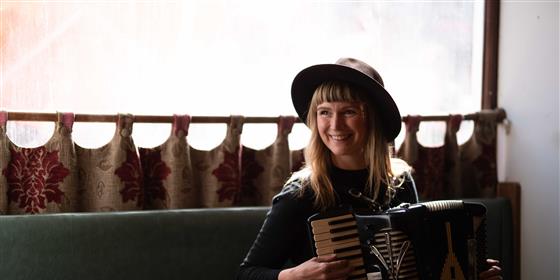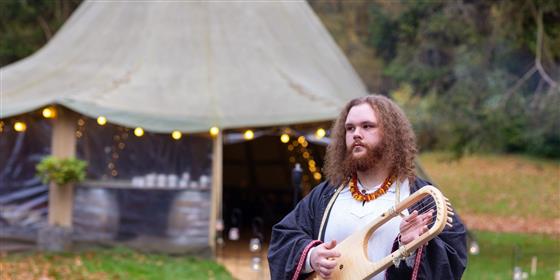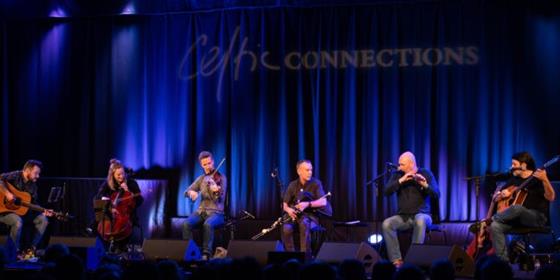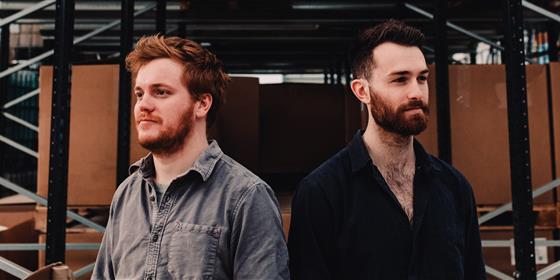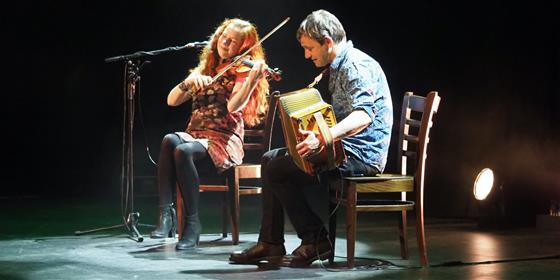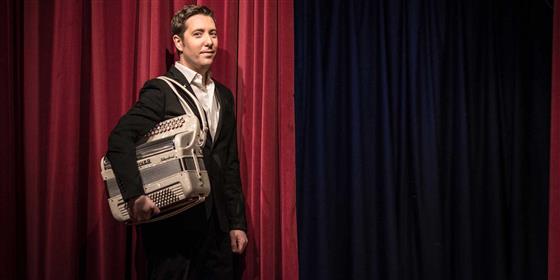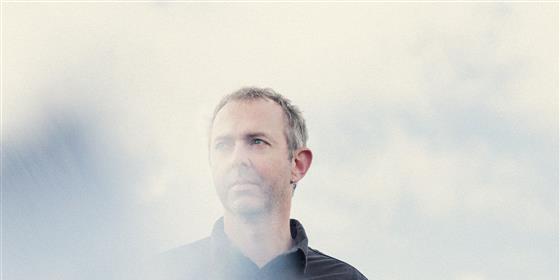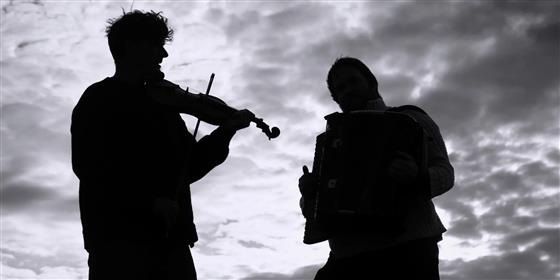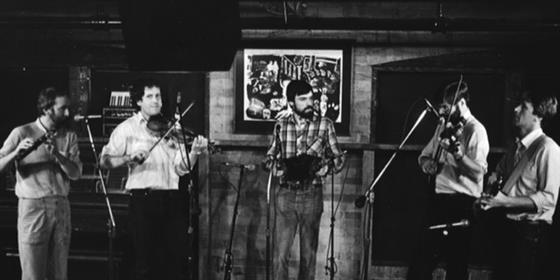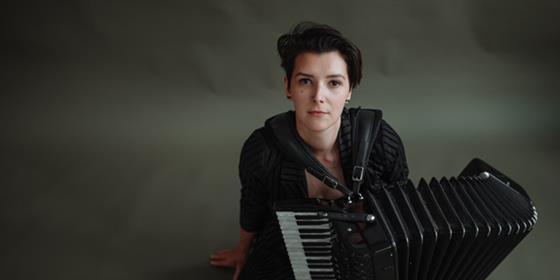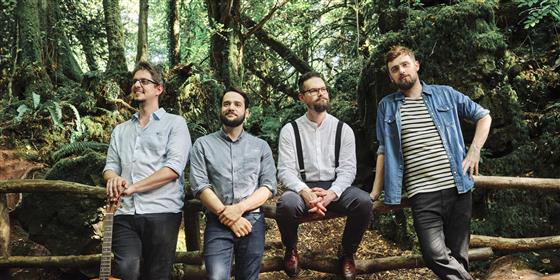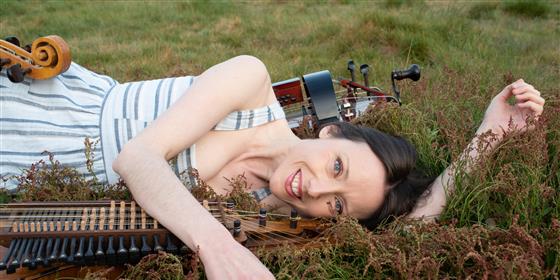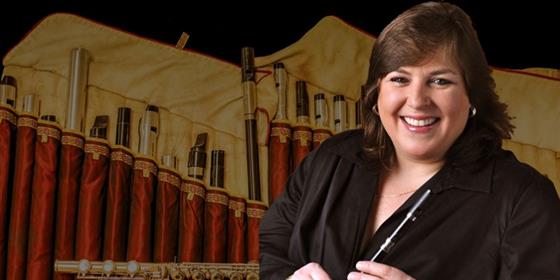Posted by Louise Parmakis 29 August 2013
Mercury Prize nominated Folk singer, song collector, promoter (of BBC award winning Nest Collective) radio host, TV personality, teacher and animateur, Sam Lee released his debut album “Ground Of Its Own’ in June 2013, comprised of songs learned 1st hand from the Gypsy Traveller community. Here he talks about what the art of Song Collecting means to him.
How did your love of folk music evolve into a passion for song collecting?
Well, it kind of had to go that way as I was always attracted to the people who have sung these songs as much as the songs themselves and those who have kept it alive in the community. I had to touch the root, as it were, and find out where these songs still had lives in unadulterated oral tradition.
What first gave you the spark to start collecting songs and how did you go about it?
Well, firstly my meeting with Stanley Robertson and his gift of proving that traditional singers born into the old culture did still survive and weirdly that this late in the day such a prolific source could still exist. Stanley possibly knew more songs than any known tradition bearer due to his enormous and almost photographic memory.
But also meeting with Peter Kennedy before he died and being played tapes of young Gypsy singers back in the 50’s showed unequivocally that there must still be alive today those who had grown up in an oral musical culture
Where do you see the future of song collecting going?
Well there isn’t a huge amount of time left to do it. In the next ten years most of the singers I have collected from will have died and I am not really meeting anyone else in the younger generations who have grown up with the songs in such a prolific way as those I am recording, with the exception of the likes of Thomas McCarthy of course.
But ultimately we are about to see the final extinction of those that led the ancient way of life and grew up outdoors, round camp fires and shared music within the family passing on the old songs and not singing songs learned off the wireless but from ear to ear mouth to mouth and heart to heart as Stanley would say.
You’re gained a reputation as being a strong supporter of the Traveller Community - why do you think the music of the Romany Gypsy and Irish Traveller communities has been overlooked by song collectors in recent years?
Hard to say. I think it is a culture that is in many ways very impenetrable and hard to be accepted in. However, one could argue that a large majority of song collecting in the last 30-40 years has been done within that community.
One could ask why wasn’t more done before then. They are often by far the finest singers and possess the most exotic tunes, and rarest, often. Why collecting from that community stopped in the 70 & 80s I don’t know either, back then there was still plenty of informants to record.
I think the fashion of collecting fell away and those that did had done their work and were having kids and jobs and no young new recruits were stepping into the shoes and continuing the work. Our loss in the end.
How do you feel about EFDSS’ Full English Project?
I think it is brilliant and much needed and came at a time when technology can honour the possibilities of such a huge archive. I do think however that the contemporary documentation of the current living tradition should perhaps be receiving equal funding, drive and encouragement from the institutions involved.
Are we performing the autopsy before the patient is dead? Probably not the right analogy but I do think in time to come there will be questions asked of why more wasn’t done back in the 80s & 90s, of why in this twilight period of Oral culture still persevering on our shores these fires are not more honoured and vital conservation work being performed to keep it alive.
The wider world is full of great examples of cultural repatriation practice within isolated and tribal communities clinging onto folk culture and we could learn a lot from them. Places such as the Northern Sub Arctic Inuit or Australian Aboriginal communities where cultural programs have been massively powerful in sustaining the bonds between cultural identity with native myth, song, dance and art.
This is where folk music could actually make a huge difference to at risk, high need communities (and the Gypies & Travellers particularly) instead of just making accessible lots of lovely songs for the benefit of choir leaders and school teachers. Food for thought.
Sam’s album “Ground Of It’s Own” is available to buy now.
See all of Bright Young Folk's text interviews.